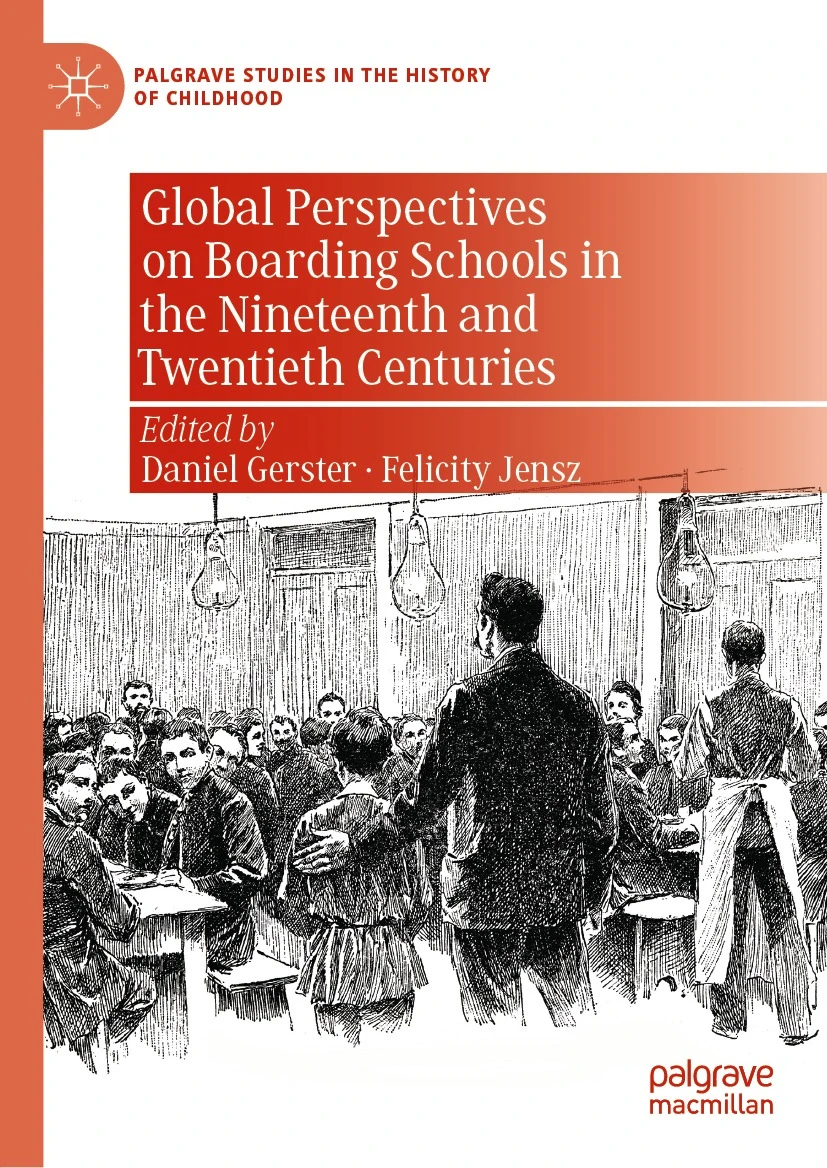'Nazi Elite Boarding Schools and the Attempted Creation of a New Class System'

in Global Perspectives on Boarding Schools in the Nineteenth and Twentieth Centuries, ed. Daniel Gerster, Felicity Jenz, Basingstoke (Palgrave Macmillan), 2022, pp. 79-100.
This article uses the elite education provided by the Nationalpolitische Erziehungsanstalten (Napolas), the Third Reich’s most prominent elite schools, as a case study of the Nazi regime’s drive to eradicate class-based social differences. Nazi propaganda claimed that the Napolas embodied the most ‘socialist’ elements of National Socialism, and that they were instrumental in realising the Nazi ideal of the Volksgemeinschaft. Pupils from working-class and farming backgrounds were particularly privileged, and older year-groups were sent to work in factories or down mines for months at a time to get to know the life of the German worker at first hand.
The article explores the forms of assistance which the Napolas offered to facilitate pupils’ social mobility, as well as analysing some of the class tensions which were still manifest within the Napola system, including the predominantly middle-class nature of the schools’ recruits, and the school authorities’ desire to retain certain elements of ‘middle-class cultivation’ (bürgerliche Bildung) in their programme. Given sufficient time, it seems likely that the Napolas could have become instrumental in helping to consolidate a new, National Socialist caste structure—a class system of stratification based on racial rather than financial grounds of inclusion and exclusion.
